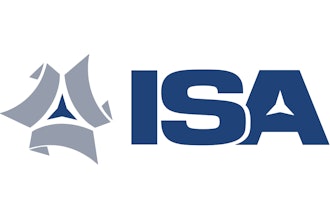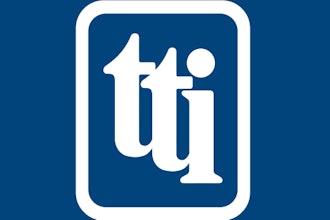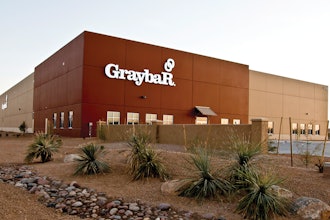
Here at Industrial Distribution, our annual Salary Report is always one of the most well-read segments of the magazine each year. The reasons are obvious: every worker, no matter their title or industry, wants to feel as if their compensation is on par with their peers. And if it’s not, well… the results starting here may serve as fodder for a conversation.
 Anna Wells, Executive Editor of Industrial Distribution
Anna Wells, Executive Editor of Industrial Distribution
We know that distribution has felt the impacts of the labor shortage in different ways than other industries like retail and manufacturing. For one, manufacturers are competing with warehouses for entry-level workers and warehouses appear to be winning. In a recent report issued by Deloitte and the Manufacturing Institute, the labor rate for warehouse workers has recovered more than 200 percent thanks to a pandemic boom in e-commerce. In contrast, manufacturers have recovered less than two-thirds of jobs.
Meanwhile, office workers like salespeople and business development professionals saw less fluctuation but that doesn’t mean they didn’t emerge from the pandemic with a different set of expectations as to how their careers should move forward from here. Let's not forget: the supply chain disruptions of 2020 have left some of your top performers weary as their jobs and personal lives became simultaneously more challenging for a prolonged period of time.
ID Managing Editor Mike Hockett explores the results of our salary report in great detail starting with its Executives results here, but if you’re looking for the Cliffs Notes, here’s a quick takeaway: 42 percent of sales professionals surveyed are expecting a hike in pay this year, which was on the low end. Of the other two job categories we address — executive level and middle management — 57 percent and 50 percent (respectively) are expecting a raise. This is a big boost in confidence (and let’s face it, job security) from the surveyed audience last year who predominantly feared cuts in jobs, pay and benefits.
Last year, we warned distributors to focus on soft benefits and work-life balance as a way of encouraging workers to stay through the uncertainty. This year, I’d suggest the same, but for different reasons. For one, we know the job market is strong. Inc. Magazine just published an astonishing report where they contend that nine out of ten workers are looking to change jobs, a phenomenon they refer to as “The Great Resignation.” Oof.
To me, this means distribution, though not as directly impacted by the labor shortages of retail, hospitality and manufacturing, should be on guard. With job openings at a record high and inflation taking a bite out of paychecks, this might not be the time to push a strategy of “buckling down and playing catch-up.” In fact, stacking more responsibilities onto fatigued workers as you work through bottlenecks might build a case for your talent to “see what else is out there.”
And when it comes to salary, there’s an elephant in the room and it needs to be addressed. Many of your workers are expecting a raise and if you can’t afford it, you need to put it out in the open. Employees are more likely to respond to your reasoning than your silence, especially if there’s a plan in place. Sometimes a variable boost, based on achieving revenue goals, is enough to keep your top performers satisfied if you can’t afford to offer them a salary jump just yet.
The key point here is that, which many distributors held strong throughout the pandemic, it doesn’t mean they’re not going to feel the impacts of overall job market disruption as we emerge. Whether or not you see your own “Great Resignation” may be up to you.






















